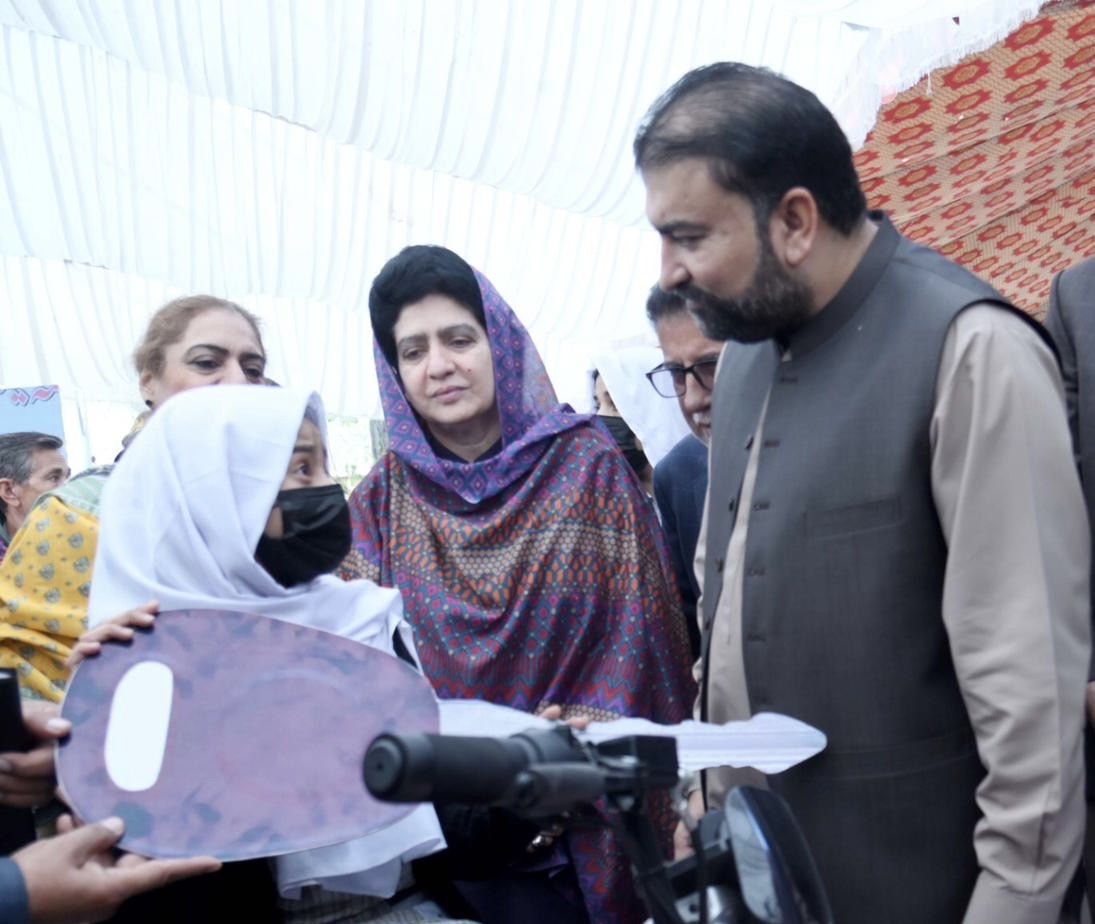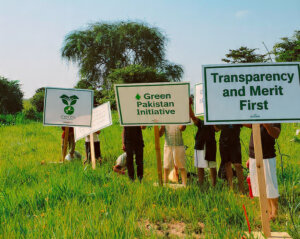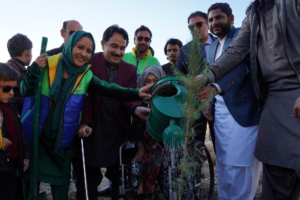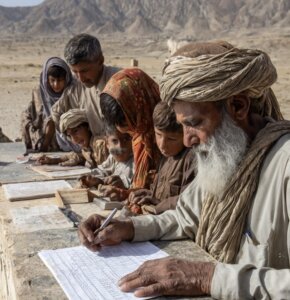Editorial:
The distribution of 50 pink scooters to female students of Government Girls Post Graduate Degree College, Quetta, by the Balochistan government marks a commendable step toward empowering women in a province where gender inequality remains deeply entrenched.
This initiative, supported by Chief Minister Mir Sarfaraz Bugti and Education Minister Rahila Hameed Khan Durrani, reflects the growing recognition of women’s critical role in driving social and economic development.
While such programs symbolize progress, they should serve as the foundation for more comprehensive measures to address the core challenges faced by women in Balochistan.
Among these are the acute lack of basic facilities in educational institutions. Shockingly, over 1,700 girls’ schools across the province lack functional washrooms.
This fundamental oversight discourages attendance and exacerbates the dropout rate among female students. Resolving this issue must be a priority for the government.
In addition, access to quality education, safe and reliable transportation, and job opportunities for women remain limited.
The provision of scooters is a positive step, but more sustainable solutions, such as expanding public transport services for women, must be introduced to ensure long-term impact.
Similarly, creating incentives for girls to pursue higher education, coupled with scholarships and skills development programs, can open new doors for empowerment.
The Chief Minister’s announcement of appointing five female deputy commissioners is a milestone for gender equality in administration.
However, broader employment opportunities in both public and private sectors are needed to enable women to participate meaningfully in the workforce.
Without these systemic changes, initiatives like scooter distributions, while inspiring, may have limited reach.
The government must also prioritize combating deep-seated societal barriers, including early marriages, cultural taboos, and gender discrimination, which continue to hinder women’s progress.
To counter these challenges, community awareness campaigns should promote the importance of women’s education and their role in fostering a prosperous Balochistan.
Empowering women is not a symbolic act but a multifaceted effort that requires addressing structural inequalities.
The government must deliver on its promises with concrete action plans, adequate funding, and transparent monitoring of outcomes.
Only then can initiatives like these serve as the building blocks for a future where women in Balochistan thrive as equal contributors to the province’s progress.
By investing in education, employment, and infrastructure, Balochistan can unlock its full potential and ensure that no girl is left behind. The vision for a prosperous province lies in its ability to empower all its citizens—men and women alike.






